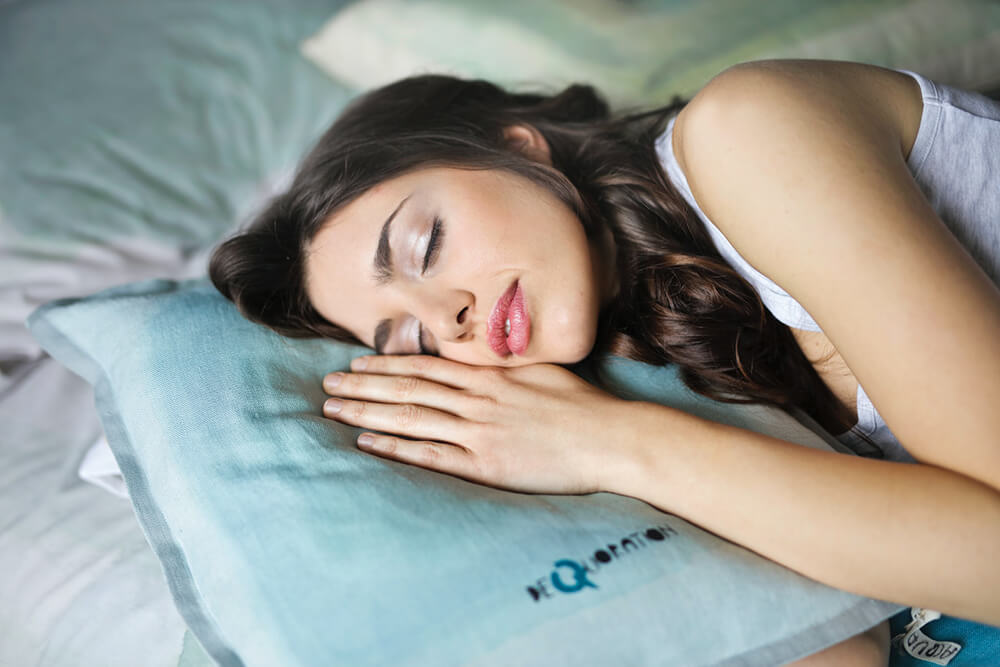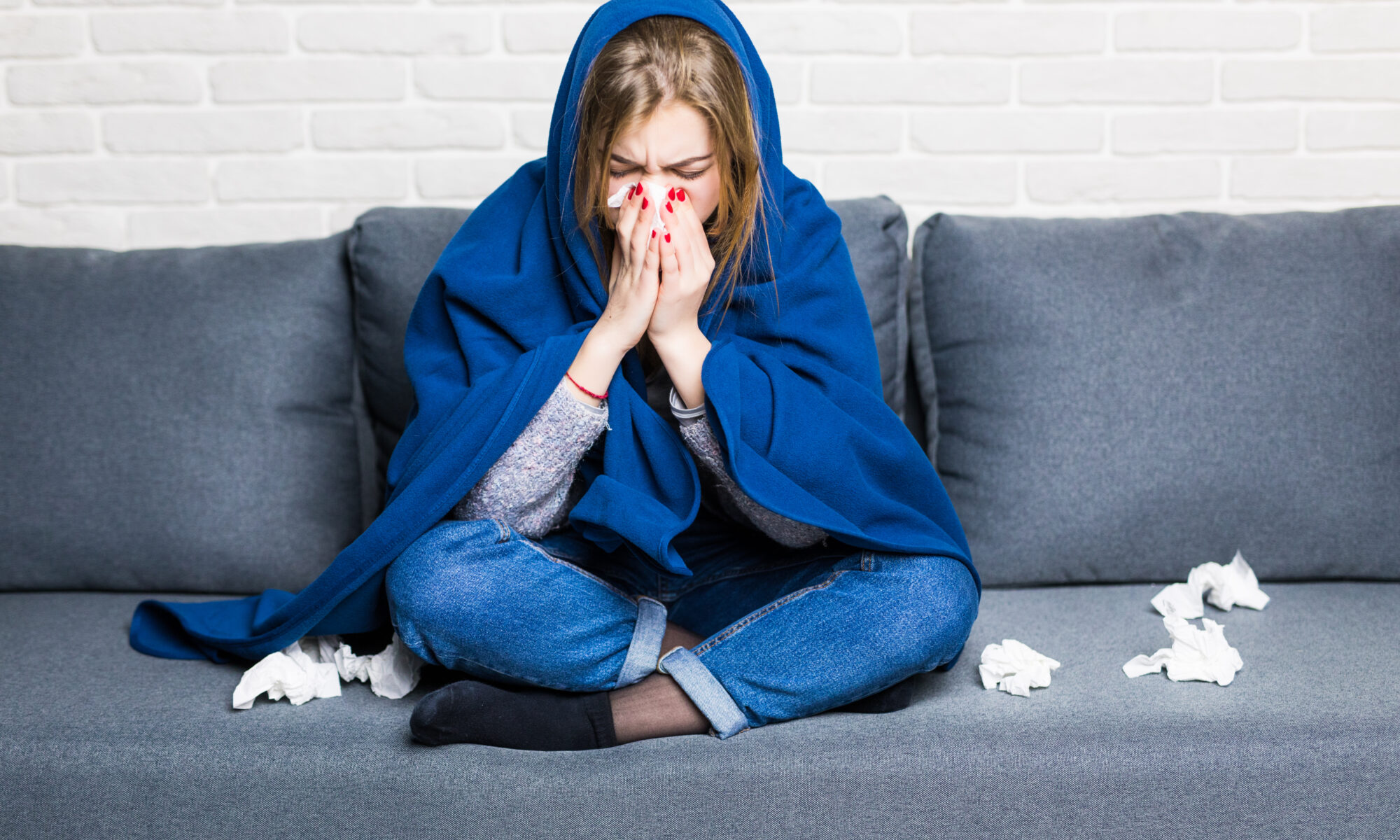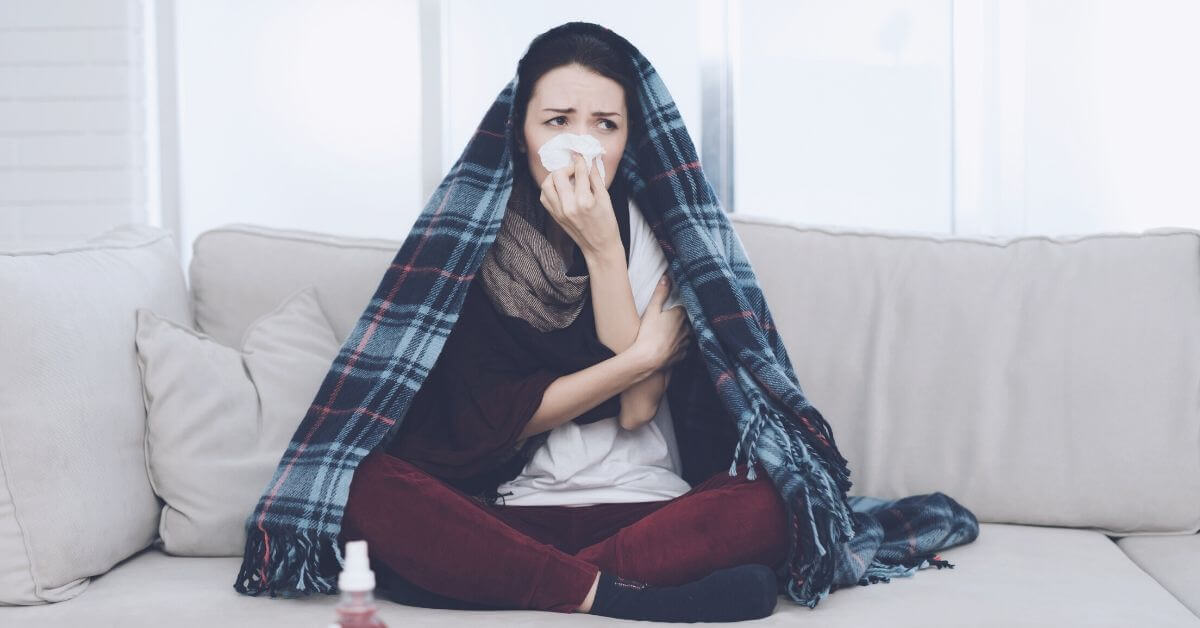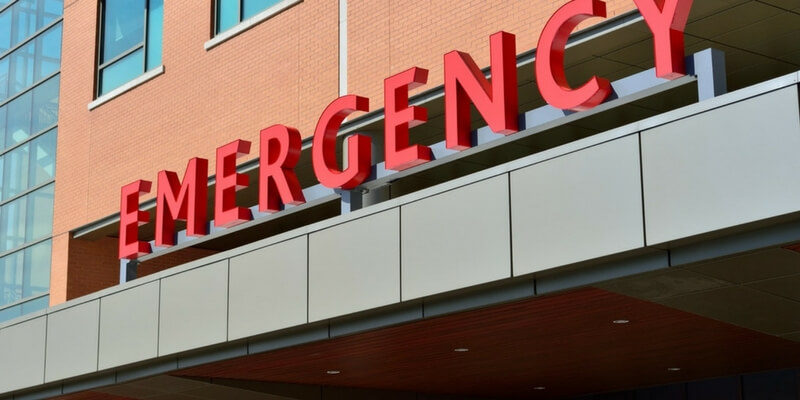Daylight Savings Time is upon us and Sleep Awareness Week is here, but your sleep problems may have stuck around after springing ahead into the next season. It may seem antiquated in the 2020s, as much of the country follows Daylight Savings Time to increase productivity in the sunlight, but until it’s gone, you are going to have to get used to it.
Your sleep cycle is essential to maintain, which is why we make sure that all of our patients can get their rest. An adult should get roughly 7 or more hours per night, according to the CDC, and that number is increased for children and teens based on your child’s age. Your circadian rhythm is vital to the overall restfulness you feel throughout the day – when you have abused it too much due to work, stress, or various other problems, it can take time to get yourself back on track.
Before you visit our facility, we recommend taking our sleep health quiz, which can indicate what type of sleeping disorders you may have. It is not a substitute for a diagnosis, but it can be a first step in determining what to talk about with your doctor before being treated for sleep disorders.
If you’re not sleeping well enough…
You may be dealing with insomnia, which can be caused by stress, mental health disorders, or various sleep disorders such as sleep apnea (which wakes you up in the middle of the night).
DOCS Medical Group offers a number of sleep tests that can be administered to you by our board-certified health professionals.
These tests include:
- The Maintenance of Wakefulness Test (MWT) – A test to measure your ability to stay awake throughout the day, with various sensors used to measure activity in your brain. You work to stay awake as long as you can for up to 40 minutes.
- The Multiple Sleep Latency Test (MSLT) – This test measures sleep latency. We believe that the sleepier a person is, the faster they fall asleep. This test can be helpful to determine how tired you are and whether your physical tiredness could be legitimate narcolepsy.
- PAP-NAP Test – A test used to determine the comfort of a CPAP machine and its overall effectiveness in treating the breathing disorders that disrupt sleep.
We care about our clients’ health first. We highly recommend taking one of these tests if you think you have a clinical sleeping disorder. But if you are not comfortable taking a sleeping test quite yet, here are a few strategies you can use at home:
- Avoid drugs and alcohol before bed – we elaborate on this later in the “If you’re sleeping too much” category.
- Reach out to a psychiatrist or therapist if you are plagued with nightmares from mental health conditions such as Post Traumatic Stress Disorder (PTSD)
- Make sure to have a set time for bed, putting away all electronics 15 minutes before it’s time to sleep – this may have been impacted by Daylight Savings Time, but one night of adjustable sleep should not have a lasting impact on your sleep health as long as you consistently keep that same bedtime.
- Create the ideal environment for sleep as you see fit. Typically this involves cool air in the room, darkened curtains to block out sunlight until you wake up and open them, and more. If you’re more comfortable with tweaking these steps, that is perfectly up to you!
If you’re sleeping too much…
You may be dealing with hypersomnia, which can be caused by poor health, various sleep disorders, and mental health disorders such as anxiety and clinical depression.
Here are a few tips and tricks to avoid hypersomnia, according to The Sleep Foundation:
- Get treatment for your mental health problems, and get to the root of your issues with a psychiatrist or psychologist.
- Take steps to treat your sleep disorders such as narcolepsy or sleep apnea with the sleep tests listed above. Sleep apnea may cause you to nap throughout the day to catch up on sleep, while narcolepsy is a clinical condition where you may fall asleep regardless of tiredness.
- Avoid alcohol or drugs before bed – while this may allow you to sleep, you are most likely not getting proper REM sleep if you are using illicit substances to fall asleep at night.
When you just can’t figure out what’s causing your sleep problems…
Even after you’ve taken our sleep quiz, you may be apprehensive about getting treatment for a sleep disorder. It can be embarrassing for some people to be studied when they can be incredibly vulnerable, and trying new strategies to sleep may take some time before something sticks.
Reach out to DOCS Medical Care if you are experiencing insomnia, hypersomnia, or overall restless sleep. Our primary care physicians will talk to you to determine the root cause of your issues and develop a treatment plan that is right for you.
You can walk into any of our Urgent Care or Medical Care facilities to see a specialist that is right for you. Walk in or set up an appointment to get treatment for your sleep problems today! Most insurances are accepted.







